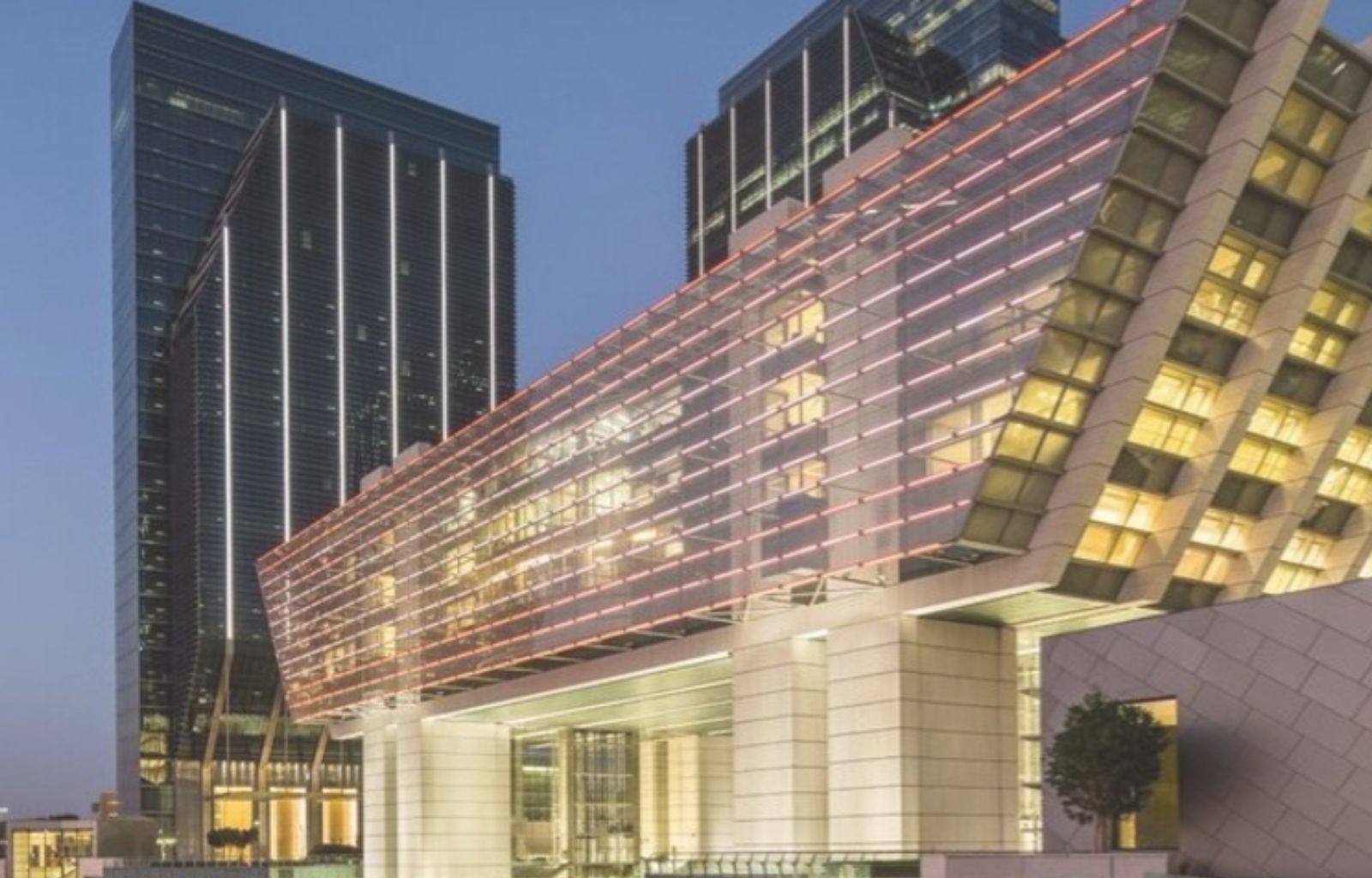
Owners Committees for residential and commercial developments in Dubai
August 18, 2020
By Mustafa Khalid
As per Law No. 6 of 2019 concerning the ownership of jointly owned real estate in the Emirate of Dubai (the “JORE Law”), the owners’ interests in a joint owned property (JOP) will now be overseen by an Owner’s Committees. The Owner’s Committee for each JOP shall be elected by the Real Estate Regulatory Agency (RERA) and may have up to nine owners as committee members with a view to represent all the owners therein.
The purpose of an Owner’s Committee shall be to have an advisory role in the day-to-day affairs of a JOP. However, primary responsibility for the administration, operations and management of a JOP shall remain with the RERA approved and licensed Management Body. As per Article 24 of the JORE Law, the salient features of the Owner’s Committee shall be as follows:
- Review the annual budgets prepared for the maintenance of the JOP;
- Discuss obstacles and difficulties related to management, operation, maintenance and repairs of the jointly owned areas and file necessary recommendations in respect of the same to the Managing Body or RERA, as applicable;
- Forward complaints and propositions submitted by owners and occupants in the JOP to the Managing Body. If the Managing Body fails to settle the same within 14 days of being notified thereof then the ownership committee shall submit the same to RERA;
- Notify the Managing Body or RERA of any defects in the structural parts of the JOP or of any damages or defects requiring urgent handling in the jointly owned areas; and
- Coordinate with RERA, the Managing Body, or the Competent Authority in connection with all aspects pertaining to safety, environment, security and other aspects regarding the JOP.
Non-Disclosure
Following the JORE Law, RERA has also issued the “Declaration of Compliance of Ethical Guidelines for Owners’ Committee” which sets out the general obligations of committee members (the “Obligations”). Amongst the Obligations, the ones which may stand out for most potential members is the prohibition on using any form of media for the purpose of discussing or complaining about private issues relating to the JOP, any committee member or any dispute relating to the JOP and the general obligation to not disclose information about any owner or occupier. Understandably, the aforementioned obligation would be a concern for members who may need to make bona fide disclosures to the relevant authority(ies) regarding any irregular dealing in relation to the JOP in particular or any improper conduct by either the Owner’s Committee or the Managing Body in general.
Penal Code
In this regard, the most relevant privacy law of general application in the UAE is Article 379 of Federal Law No. 3 of 1987 (the “Penal Code”). This law prohibits a person who, by reason of their profession, craft, situation or art, is entrusted with a secret, from disclosing that secret in a manner that is not permitted by the law or from using that secret for their own or for another person’s advantage, without the consent of the person to whom the secret pertains.
A breach of Article 379 shall be punishable by imprisonment for a minimum period of one year and/or by a fine of at least twenty thousand Dirhams.
The Penal Code does not define the term “secret”. As such, there is a risk that it may be broadly construed to cover private issues relating to the JOP, any committee member or any dispute relating to the JOP. Moreover, it is generally understood to cover concepts of personal data such as name, sex, religion, date of birth etc., as defined in many data protection laws.
Similarly, the terms “use” or “disclose” are also not defined. As such, it may be construed to include the use of any form of media for the purpose of discussing or complaining about issues related to the JOP to a third party or to another entity within the UAE.
Financial Crimes Law
Be that as it may, Dubai Law No. 4 of 2016 on Financial Crimes (the “Financial Crimes Law”) provides protection for people who report crimes to the Dubai Centre for Economic Security (DCES), an agency that has been specifically created for the purpose to reduce financial crime levels, provided that the disclosure:
- is true;
- relates to activity that may affect the economic security of Dubai; and
- is made to DCES.
Where a disclosure meets the criteria set out above, such disclosure will be protected against prosecution and/or disciplinary action, unless it is proven to be false. Additionally, Article 19 of the Financial Crimes Law provides that reporting to DCES will not be deemed to be in violation of the provisions of the legislation (this may construed to include the Penal Code) nor will it be deemed to be in breach of any non-disclosure or confidentiality agreement.
It is pointed out that DCES was set up, inter alia, to combat financial crimes, including corruption, fraud, bribery, embezzlement, destruction of public property, forgery, counterfeiting, money laundering and the financing of terrorism and illegal organisations. Read together with the possibly wide interpretation of ‘an activity that may affect the economic security of Dubai’, the Financial Crimes Law could potentially provide members with a platform to voice their concerns to DCES regarding any activity being undertaken by the Owner’s Committee or the Managing Body which could amount to a financial crime. However, we would advise seeking independent legal advice before commencing any such action.



